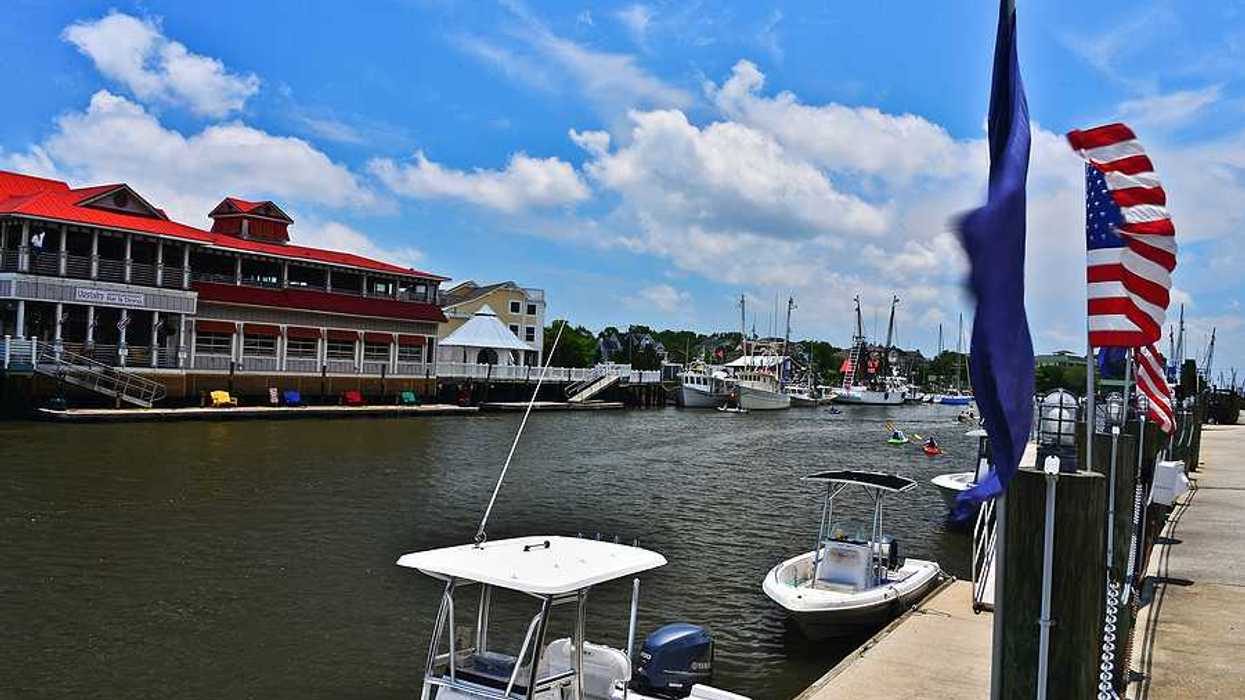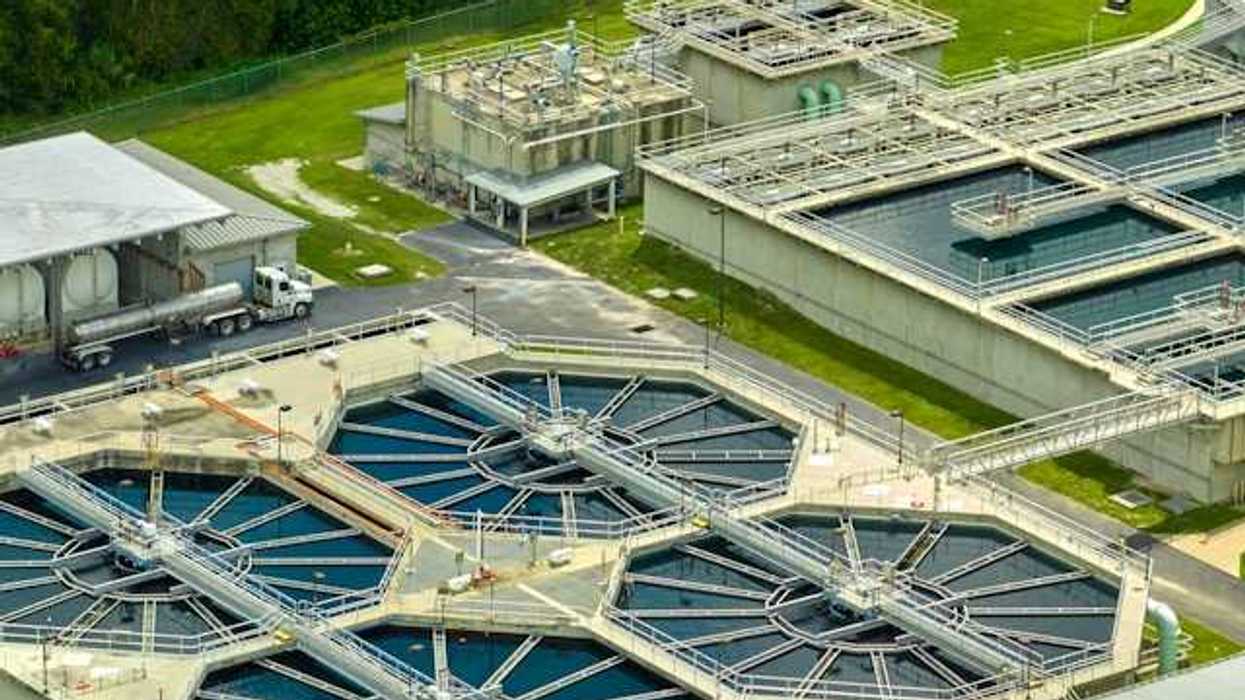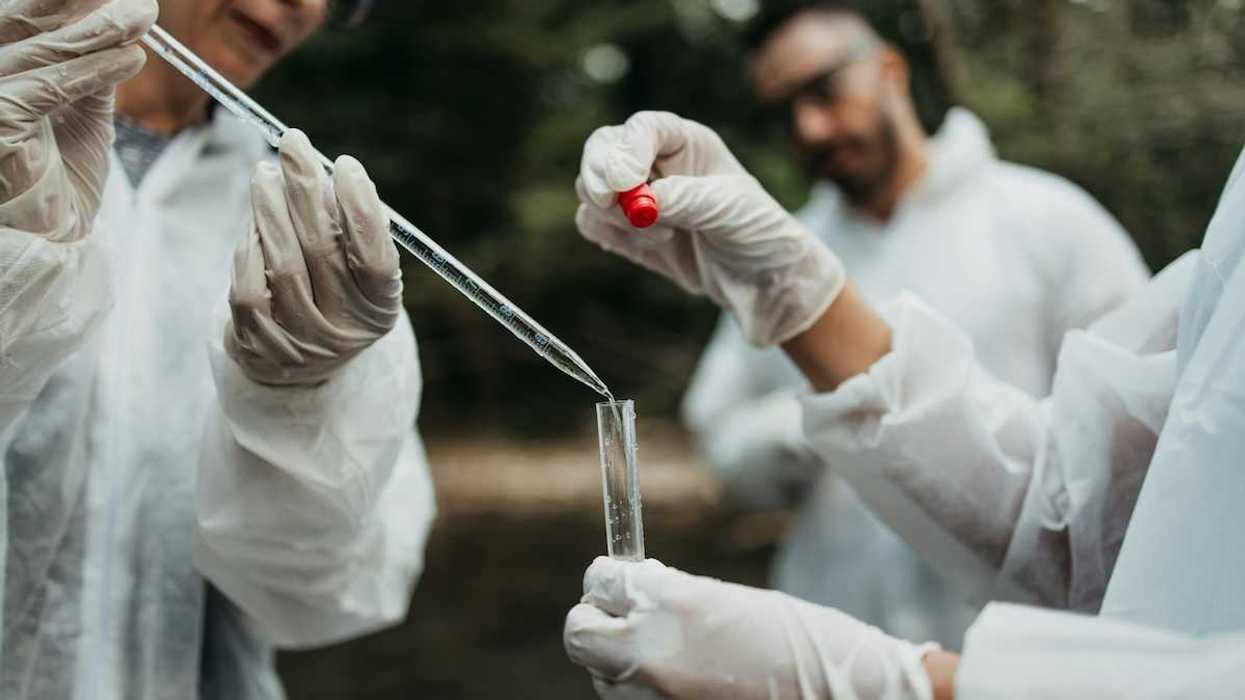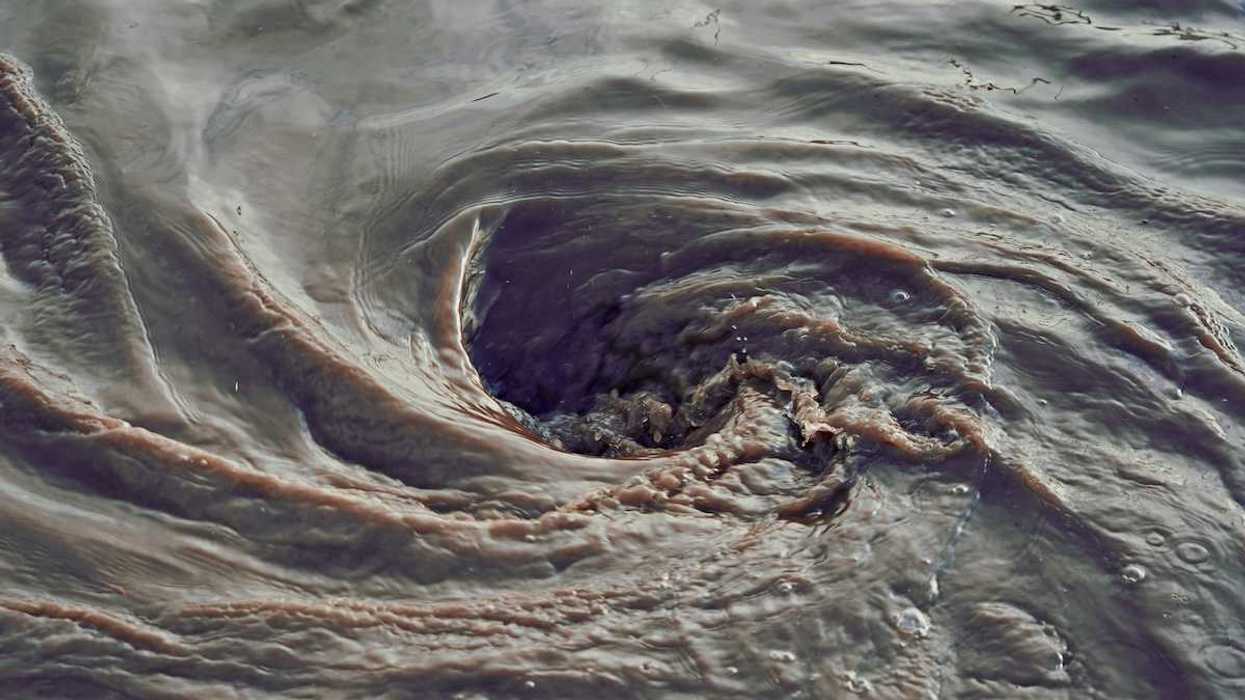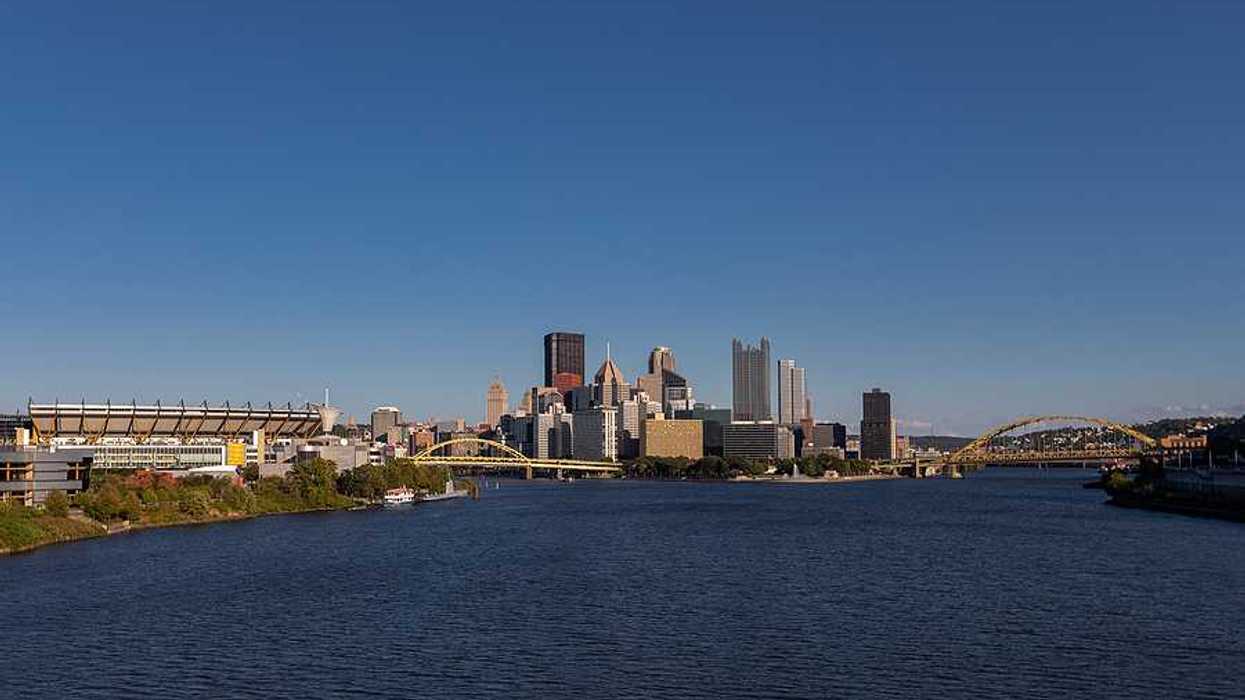A federal court has temporarily blocked the U.S. Fish & Wildlife Service's plan to use a toxic algaecide at Lake Mattamuskeet, a critical bird sanctuary, citing risks to avian health.
Lisa Sorg reports for NC Newsline.
In short:
- The U.S. Fish & Wildlife Service aimed to treat Lake Mattamuskeet's algae problem with a toxic algaecide, despite its known dangers to birds.
- Environmental groups challenged the plan, arguing it was inappropriate to test hazardous chemicals in a wildlife refuge.
- The court stopped the treatment, raising concerns about the potential harm to the lake's bird population and the adequacy of environmental assessments.
Key quote:
"This is an unprecedented action to use this algaecide in a wildlife refuge. It could kill the birds the sanctuary was designed to protect."
— Ramona McGee, senior attorney, Southern Environmental Law Center
Why this matters:
The decision speaks to the potential dangers of using toxic chemicals in wildlife sanctuaries and emphasizes the importance of careful environmental consideration to protect biodiversity and health. Read more: Long-banned toxics are still accumulating in Great Lakes birds—as new chemical threats emerge.





